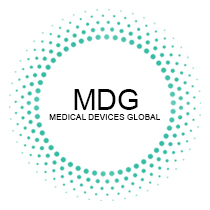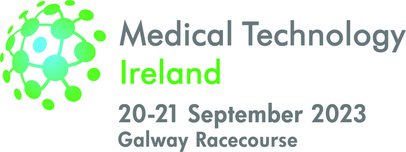Digitization has revolutionized the healthcare industry, transforming it into a data-driven and technology-driven sector. The adoption of digital technologies has significantly impacted various areas of healthcare, including diagnostics, treatment, and patient care. The integration of digital technology has resulted in a more efficient, cost-effective, and patient-centric healthcare system. In this article, we will discuss the role of digitization in healthcare technology and its impact on the industry.
One of the significant benefits of digitization in healthcare is the improved efficiency of healthcare processes. Digital records management has reduced the time and cost of documentation, enabling healthcare providers to access patient records quickly and securely. Digital records also eliminate the risk of loss, damage, or misplacement of paper records. Additionally, digital records facilitate better communication and collaboration among healthcare providers, resulting in more effective patient care.
Another area where digitization has impacted healthcare technology is in the field of diagnostics. The use of digital imaging, such as X-rays, CT scans, and MRIs, has made diagnosis faster and more accurate. Digital imaging also enables healthcare providers to easily share diagnostic data with other providers, resulting in better coordination of care. Similarly, the use of wearable technology and mobile health apps has enabled patients to monitor their health and share data with their healthcare providers in real-time, leading to better diagnosis and treatment.
Digitization has also transformed treatment options in healthcare. Telemedicine, the use of telecommunication and information technologies to provide remote healthcare, has become an increasingly popular option for patients and providers alike. Telemedicine has enabled patients to receive care from the comfort of their own homes, reducing the need for travel and wait times. Additionally, telemedicine has increased access to healthcare for patients in remote or underserved areas. The use of digital health tools, such as remote monitoring devices, has also enabled healthcare providers to monitor patients’ health and adjust treatment plans in real-time.
The adoption of digital technology in healthcare has also resulted in a more patient-centric healthcare system. Patients now have more control over their healthcare, with the ability to access their health records and communicate with their healthcare providers through secure online portals. Patients also have more options for healthcare delivery, with telemedicine and mobile health apps providing more flexible and convenient care options. Additionally, the use of digital health tools has enabled patients to take a more active role in their healthcare, resulting in improved health outcomes.
In conclusion, digitization has transformed healthcare technology, resulting in a more efficient, cost-effective, and patient-centric healthcare system. The integration of digital technology has impacted various areas of healthcare, including diagnostics, treatment, and patient care. As the healthcare industry continues to evolve, the adoption of digital technology will play an increasingly important role in improving patient outcomes and transforming the healthcare industry as a whole.


